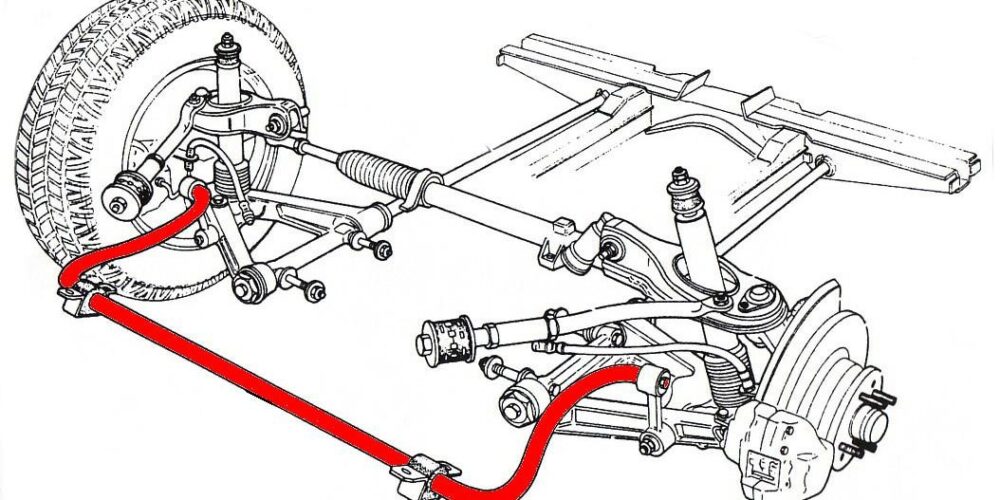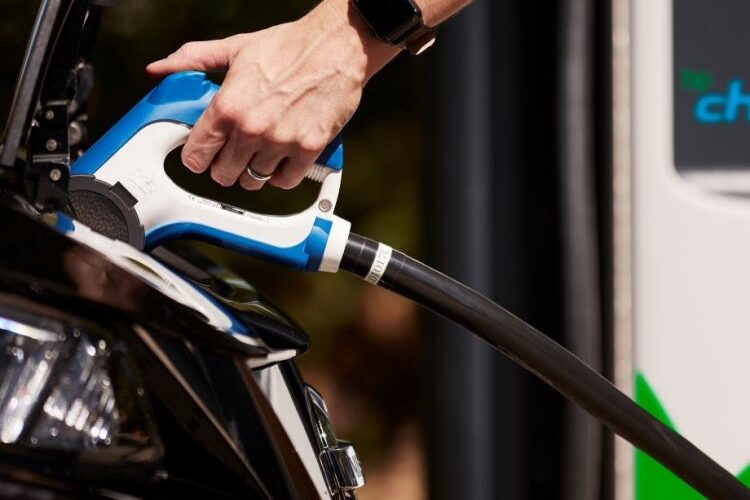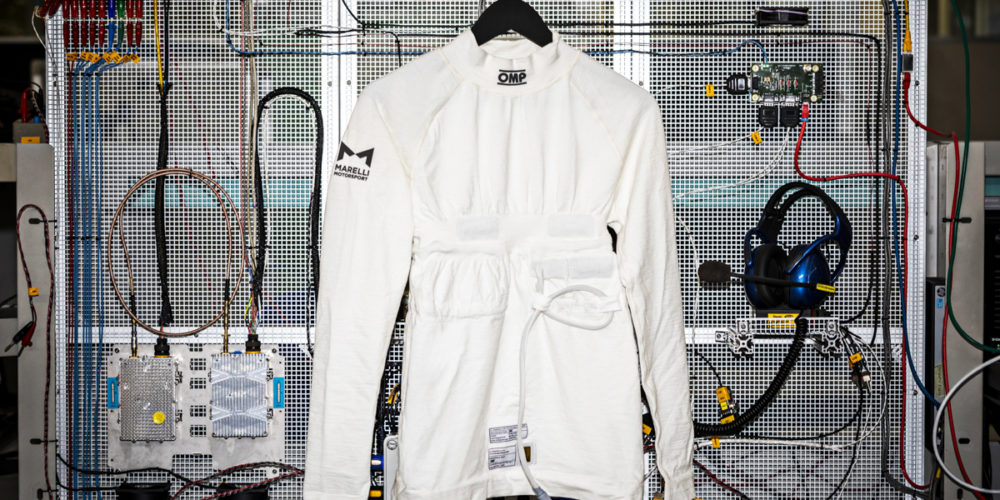BorgWarner Publishes 2021 Sustainability Report, Showcases Significant Achievements and High-Reaching Goals

|
BorgWarner, a company focused on delivering innovative and sustainable mobility solutions for the vehicle market, has released its 2021 Sustainability Report, “Evolving For All,” detailing the company’s recent sustainability accomplishments and showcasing short- and long-term goals for environmental stewardship, social responsibility and governance.
“We create sustainable value by making mobility cleaner and more efficient, aligning the interests of our customers, shareholders and citizens of the planet, and enabling us to lead the electrification of the low carbon economy of the future,” said Frédéric Lissalde, President and CEO, BorgWarner, Inc. “We also create high-quality jobs, promote a diverse, inclusive workforce and are close to achieving gender pay parity.”
The comprehensive report covers several key elements, including BorgWarner’s sustainability strategy and management, key performance indicators, COVID-19 response, integration of Delphi Technologies and more. To read BorgWarner’s complete 2021 sustainability report, “Evolving For All,” visit borgwarner.com.
COVID-19 response
In response to the pandemic, BorgWarner implemented numerous protocols and safety measures to help ensure the protection of its employees. To mitigate financial impact to the business, the Strategy Board, Board of Directors and hundreds of company leaders took temporary pay reductions. To support its employees, a global policy enabling flexible hours and remote working was put in place and safe behaviors and personal health guidance were communicated regularly.
Furthermore, BorgWarner established a Safe Restart Task Force to identify and disseminate return to work procedures, and it formed a Supply Chain Risk Council to guide the company in identifying potential risks to the company’s business. The company also donated $100,000 to the Business Roundtable’s Project Hope Campaign in the U.S. as well as other organizations globally that were providing PPE to frontline healthcare workers.
Environmental stewardship: creating a cleaner, more energy-efficient world
For decades, BorgWarner has focused on creating technologies that improve vehicle efficiency, emissions and performance. In 2020, the company earned 85% of its revenue from electric and emissions-reducing hybrid and combustion products. The strategic acquisition of Delphi Technologies expanded the company’s power electronics offerings and enhanced the company’s goal of maintaining the majority of revenue from clean energy technologies. By 2030, BorgWarner projects it will receive 45% of its revenue from products for electric vehicles. In addition, BorgWarner expects combined research and development (R&D) and capital spending for eProducts to be greater than $3 billion over the next five years, with eProducts approaching 50% of R&D spend before acquisitions by 2025.
The company has taken its commitment to the environment a step further by committing to its operations being carbon neutral on scope 1 and 2 emissions by 2035, extending its goal to reduce carbon emissions relative to sales from 2015 to 2030 by 50% and energy use relative to sales by 37%. Over the last five years, BorgWarner has achieved a 17% reduction of scope 1 and scope 2 greenhouse gas emissions intensity from a 2015 baseline (28% for the company’s operations prior to the Delphi Technologies acquisition). The report expands on the company’s commitment to the environment by quantifying indirect scope 3 product-in-use greenhouse gas emissions from vehicle use of products and estimating that such emissions will decline significantly as the company accelerates its electrification strategy.
Social responsibility: living the BorgWarner beliefs
The company’s five core beliefs – inclusion, integrity, excellence, responsibility and collaboration – were refreshed and reintroduced company-wide in 2020 to help employees better understand and embrace BorgWarner’s corporate culture and company values. Inclusion is a belief that plays a big role in many of the programs and policies that have been implemented at BorgWarner. As an example, the company’s unconscious bias awareness training was expanded across leadership teams in 2020 and will be rolled out to all employees this year. Additionally, employee resource groups that are focused on inclusion and fostering a sense of belonging, continue to be promoted.
Among the company’s recent social responsibility undertakings, a third-party consultant was brought in to conduct an independent pay equity analysis in 2020 of the company’s legacy BorgWarner workforce. The global gender pay equity study showed that, on average, women received 98.7% of the compensation compared to men. The analysis also showed that in the U.S., minorities on average received 99.8%+ of compensation as compared to non-minorities. The company has committed to continuing to evaluate and address discrepancies related to pay equity and has an annual salary review process in place to fulfill this commitment.
Throughout the year, the company was steadfast in minimizing its total recordable incident rate, which has improved 56% since 2015. Nine of its sites received the 2020 CEO Safety Excellence Award in 2020 for working one million hours and a minimum of 12 consecutive months without a recordable incident along with other safety performance measures. BorgWarner also celebrated its second annual Global Safety Day.
Every year BorgWarner gives back to organizations centered around issues most important to its employees, including education, economics, environment and equity. Including pandemic-related donations, BorgWarner participated in more than 444 charitable activities, with the company and its employees donating $2.8 million and 18,793 hours of their time. Notably, a $34,000 donation was given to the city of Seneca, South Carolina, following the tornado that struck the community and BorgWarner’s facility on April 13, 2020. This donation to the Tornado Relief Fund was used to restore power to the homes of elderly citizens and as financial support for others impacted in the community.
BorgWarner has announced donation goals of $3.5 million and 40,000 volunteer hours in 2021. The company also doubled its company employee donation match program maximum to $10,000 per employee per year beginning in 2021.
Governance: partnering with and reporting to stakeholders
BorgWarner’s Board of Directors has ultimate oversight over sustainability efforts considering and assessing economic, social and environmental risks and opportunities as part of its decision-making process. The Strategy Board approves sustainability-related strategies and goals, while providing resources to meet performance targets.
In 2020, the company launched the BorgWarner Quality Award to further instill a quality culture and recognize excellence by creating healthy competition around quality performance amongst plants. The overall winner of the 2020 Quality Award was the plant in Changnyeong, South Korea. Additional recognition was given to plants in Tianjin, China, Ramos Arizpe, Mexico and Ithaca, New York, USA, all of which displayed outstanding performance across production quality, launch quality and warranty.
BorgWarner is working to encourage its suppliers to promote sustainable business practices as well. To gauge suppliers’ current sustainability practices, the company is aiming to have at least 80% of its high-risk and high-impact suppliers complete a self-assessment questionnaire, which is audited by a third-party. In addition to the survey, BorgWarner is putting together a holistic strategy surrounding supplier sustainability, with goals of better communicating its expectations, identifying and developing sustainability-related metrics, and updating its supplier manual and terms and conditions to reflect its updated requirements.











